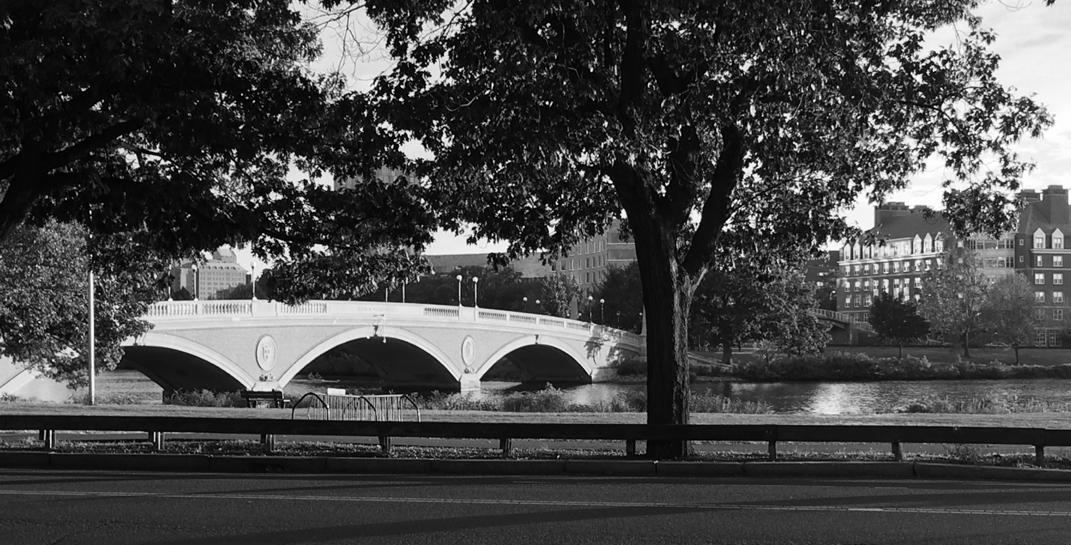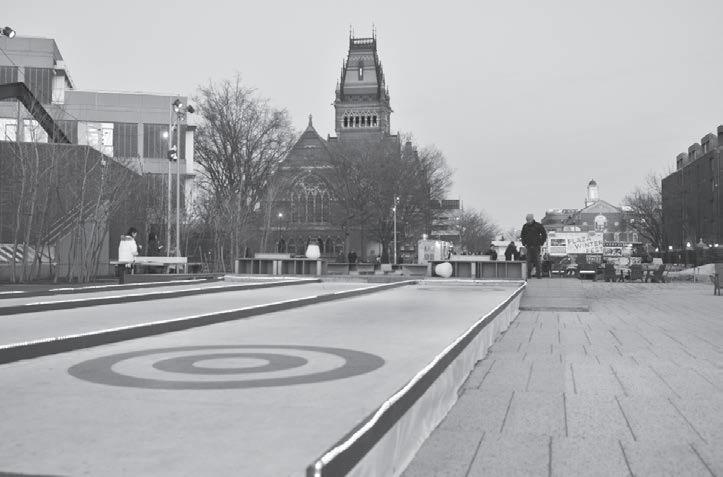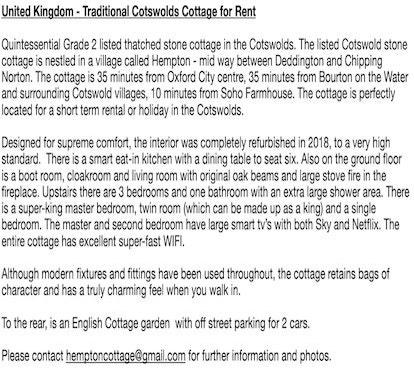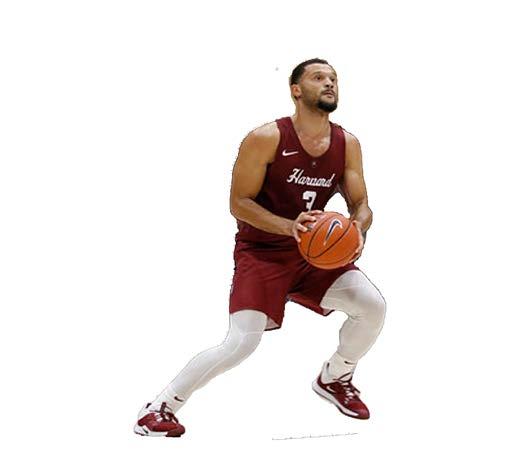THE HARVARD CRIMSON | february 18, 2020
Page 4
Editorial The Crimson Editorial board
column
The Good Fight Fought Wrong
Dinner Table Ethics
I
n one sense, the latest feud between two Harvard Law School professors is just more of the same: a Twitter war of no particular distinction. But in another sense, it seems to be a reminder that behind the all-too-high-andmighty walls of the ivory tower we are by no means safe from an insidious form of contemporary political swordplay. Since Law School professor emeritus Alan M. Dershowitz announced his decision to join President Donald Trump’s defense team for the 2020 United States Senate impeachment trial, Law School Professor Laurence H. Tribe ’62 has engaged Dershowitz in a public, turned personal war of verbiage over the merits of Dershowitz’s arguments against impeaching Trump. While a lifelong Democrat, Dershowitz became one of Trump’s most vocal intellectual defenders, arguing that the charges brought by the U.S. House of Representatives against Trump on the grounds of abuse of power and obstruction of Congress were not impeachable. Part of this defense included providing speaking on the Senate floor against impeachment. On the other hand, Tribe has argued that Dershowitz reduced a legitimate constitutional proceeding to a matter of semantics, in addition to claiming that Derschwitz had become “a bit of a publicity hog and a celebrity seeking fellow.” Dershowitz has fired back with equally fiery language, calling Tribe “a zealot and a partisan” and alleging that he has attempted to silence him. This debacle takes place at a time when students at the Law School are questioning the roles and responsibilities of lawyers in our society. Last month, dozens of Law School students protested a recruiting event held by corporate law firm Paul, Weiss, Rifkind, Wharton
& Garrison LLP, which has represented the oil and gas company ExxonMobil in ongoing climate change litigation. And, one year ago, Law Professor and former Winthrop House Faculty Dean Ronald S. Sullivan, Jr.’s divisive defense of Harvey Weinstein similarly drew protest and divided campus opinion. As such, the disagreement between Dershowitz and Tribe must be viewed as but one of many arguments in the broader discourse of what good legal defense looks like, taking place on our campus and across the U.S. Dershowitz absolutely has the right to defend President
As such, the disagreement between Dershowitz and Tribe must be viewed as but one of many arguments in the broader discourse of what good legal defense looks like, taking place on our campus and across the U.S. Trump, both as a private citizen and trial lawyer. Over his high-profile criminal law career, Dershowitz has defended Wikileaks, Mike Tyson, O.J. Simpson, and Claus von Bülow, among others. Moreover, where we notably argued last year that Sullivan’s obligations to the students of Winthrop House provided a conflict of professional interests in his representation of Weinstein, Dershowitz — as far as we can tell — lacks any such competing obligations. A functioning legal system should guarantee everyone equal protection under the law. Central to that principle is that every defendant, from the most
underprivileged to the most controversial or unpopular, is entitled to legal representation. As heinous as some of the crimes the accused he defended were charged with, we believe it has been within his rights and the dignity of his profession to do so. That said, we recognize that professors and more generally members of the Harvard community will disagree on matters of contemporary politics and legal matters. We encourage this disagreement of opinion, including on the topic of impeachment, believing that disagreement can engender critical and mutually beneficial discourse. Still, we wish this discourse remained firmly centered on the ideas at stake and did not devolve into ad hominem attacks. Dershowitz has invited Tribe to take their squabble off Twitter and instead hold an “academic” debate about the matter. Such a debate, if opened up for the public to hear, could provide fodder for robust discourse among legal scholars, students, and the general public about one of the most important constitutional and political matters of our generation. In doing so, Dershowitz and Tribe would have the chance to demonstrate what healthy academic disagreement looks like. As it stands, however, their juvenile jabs and attempts at character assassination only perpetuate the clickbaity fueding that now mires the national public sphere. This staff editorial solely represents the majority view of The Crimson Editorial Board. It is the product of discussions at regular Editorial Board meetings. In order to ensure the impartiality of our journalism, Crimson editors who choose to opine and vote at these meetings are not involved in the reporting of articles on similar topics.
Submit an Op-Ed Today!
The Crimson @thecrimson Op-ed
Why Pass/Fail Step 1 is Really Only Step 1 By Lashyra T. nolen
T
he atmosphere was electric last Wednesday as medical students across the nation celebrated the news that the United States Medical Licensing Exam Step 1 will be evaluated as pass/fail, potentially as early as January 2022 — I was one of them. Colloquially known as “Step 1,” the eight-hour, up to 280-question exam tests basic science fundamentals, like biochemistry and genetics, and is typically taken after the second year of medical school. Since its inception in 1992, the test has become ubiquitously recognized as an essential factor that determines a medical student’s future as a physician. Though the test was not originally designed for residency selection purposes, the test is weighted heavily by many residency programs. The exponential weight placed on the results of this marginally clinically relevant standardized exam has contributed to the toxic, hypercompetitive environment that must be eliminated in medical education. Therefore, I was elated to see the National Board of Medical Examiners will do away with its three-digit scoring system and implement pass-fail evaluation instead. However, while this switch may lead to positive gains in the health and wellness of medical students, there is still additional work to be done in order to ensure these changes lead to true improvements of our broken system. Firstly, Step 1 is just one of three required USMLE licensure exams. As the policy currently stands, Step 2 (CK) and Step 3 will continue to be evaluated with a three-digit numerical score. While most residency programs don’t require students to sit for Step 2 prior to residency applications, this could change with the new policy. Residency directors could require Step 2 be completed before the application period and then empha-
size Step 2 scores more heavily during the application process. Test material companies, which have built a lucrative business for themselves, could then react by creating more over-priced Step 2 prep supplies promising “high yield” material and higher scores. While the latter seems inevitable, I am comforted by the fact Step 2 is a more clinically relevant exam than Step 1, making it a better proxy for clinical acumen. I am overjoyed we are doing away with the flawed scoring system, but I do worry about the unintended consequences this will have for students at lesser-known medical schools. Every year the U.S. News and World Report ranks the top medical schools in the country. And though there has been criticism about the validity of these lists, they still, unfortunately, hold value in how we perceive medical institutions. Therefore, many students at so-called “low-tier” medical schools and osteopathic medicine programs have used the USMLE exam to make themselves more competitive for residency programs. A pass/fail system inherently privileges students like me at subjectively higher-ranked medical programs. I worry about the effect this system will have on future students’ decisions over where to attend medical school. Will they incur crippling amounts of debt just to attend higher-ranked programs? Finally and most importantly, changing Step 1 to pass/fail will not address the racial and systemic inequities entrenched in the residency application process. As medical schools across the country have implemented their own pass/fail curricula, Step 1 was the last major objective metric residency programs could use to evaluate candidates. With this gone, more emphasis will be placed on research experience, publication, and subjective evaluations, which are often a reflection of a student’s access to men-
Rebecca E.J. Cadenhead hangry
W
hile we celebrated the New Year a month ago, large swaths of Australia were on fire. This, just like superstorms and melting glaciers, is caused by climate change. The environment as we know it is falling apart, and it’s our fault. A large part of the strain we’re placing on the earth comes down to the food we eat. When I was younger, I spent a lot of time in New York’s Hudson Valley, which is filled with organic farms. This was the vision of agriculture that I was fed: small family farms, rolling green pastures, happy cows. Unfortunately, for the most part, that image isn’t real. The food system is an industrial behemoth; pigs and cows, for example, are mostly raised in giant contained animal feeding operations, not in grassy fields. The scale of this industry has consequences; it’s been estimated that 14.5 percent of our greenhouse gas emissions come from raising livestock alone.
I became a vegan because of climate change; one of the easiest ways to reduce my carbon footprint, I figured, was to change what I ate. Given this, it’s easy to think that opting out of livestock is the best way to save the planet. Eating ethically, however, requires more thought than you might initially think. I became a vegan because of climate change; one of the easiest ways to reduce my carbon footprint, I figured, was to change what I ate. Technically, you don’t have to be a vegan to eat sustainably. If you would like to do so, plenty of scientific organizations and national governments have issued guidelines for the amounts and varieties of dairy and meat acceptable to eat on a daily basis. Personally, as a college student, veganism was just easier. However, veganism is not without its own moral quandaries. A few weeks ago, a video of migrant workers harvesting radishes made the rounds on Twitter, captioned, “heres your reminder that going vegan isn’t cruelty free.” It’s estimated that there are between 1.5 and two million farmworkers in the United States; up to 70 percent of them may be undocumented. Because of their immigration status, these workers are subject to physical, sexual, and economic exploitation; they work in conditions arguably nearing slavery. Recently, a friend pointedly commented — as I was eating a quinoa salad — that the American demand for quinoa is hurting the communities where the plant is harvested. He was right; quinoa lovers have contributed to a sharp price increase in Peru and Bolivia, keeping it out of reach for the people who once considered it a staple and inadvertently forcing them to eat much less nutritious food instead. The increase in demand for quinoa and other vegan staples also has environmental costs; growing enough to meet demand has caused farmers to resort to unsustainable practices, destroying the local environment.
If I were to ignore these things, I would be missing the point of my dietary choices. Mitigating climate change is important to me because of its human impact. Veganism is not the point; limiting suffering is.
tors, funds, and opportunities, which tend to be limited for students from lower socioeconomic backgrounds. To make matters worse, studies have shown that students of color tend to receive lower scores on subjective evaluations during their clinical years. If a student’s chances of getting into their dream residency program hinge on the opinion of racially biased preceptors, what does that mean for the future of medicine? These are the tough questions we will have to find the answers to as we respond to this change and ponder how to restructure medical education to best fit our society’s needs. While there will be many challenges ahead, I see this change as an opportunity for medical programs and residency directors across the country to redefine what makes a “good” doctor in the twenty-first century. For far too long standardized exams have been the crux of this evaluation. Now is the time for students, educators, and leaders to rise to the occasion and advocate for a selection process that values inclusion, humanity, and community. In lieu of Step 1 scores, residency applicants could be evaluated based on their community involvement, leadership, and more humanistic attributes. Students could dedicate more time in medical school to learning relevant clinical medicine and pursuing meaningful extracurricular activities that will enhance their skills as a physician. These changes will not come overnight, and it will take time and advocacy to make them happen. However, I am inspired by the student leaders and advocates that have preceded me in making what seemed impossible, possible. Great work has been done; change has been made; now it’s up to us to keep pushing the envelope.
The list goes on and on; avocados, bananas, tofu, and almonds, among others, are associated with environmental damage and human exploitation. If I were to ignore these things, I would be missing the point of my dietary choices. Mitigating climate change is important to me because of its human impact. Veganism is not the point; limiting suffering is. Still, given the system we live in, I’m not sure that we can eat a truly ethical diet. This is not a cop-out; it’s actually a profound source of guilt. Around a year ago, before I went vegan, I was asked to help kill a lamb for a barbecue. This was at a small, ostensibly sustainable farm. Part of the reason I agreed was that I believe, in general, a closer connection to the things we eat leads to less of an environmental impact. But, it is not possible to do this in industrial American society (unless, I guess, you’re Mark Zuckerburg). My mother’s parents actually did live that way — they grew up on small farms in the American south where they harvested or killed virtually all the produce and livestock they ate. Today, that land, if it is being used for farming at all, is probably owned by agricultural giants. So, it might be impossible in our society to get our food in a way that is truly moral. However, it strikes me that perhaps being perfect is not the point. This is not to accept what is blatantly unjust; it’s simply an admission that, as individual consumers, we are limited in the choices we have over what we consume. This doesn’t mean that we have no power at all — we can demand better treatment of farmworkers and support farmers who treat the earth and their workers well. I became a vegan because I thought it would be the best way to eat more ethically; it turns out that our food choices are much more complicated. Still, I think the struggle is worth it. Given the choice between doing nothing and doing something, no matter how small, I will always choose the latter.
—LaShyra T. Nolen is in her first year at Harvard Medical School.
—Rebecca E.J. Cadenhead ’23 lives in Canaday Hall. Her column appears on alternate Tuesdays.




